Word Recognition Grammar Worksheets for Ages 4-7
10 filtered results
-
From - To
Our "Word Recognition Grammar Worksheets for Ages 4-7" engage young learners in mastering key language skills. Designed specifically for early readers, these engaging activities help children identify common words, improve reading fluency, and develop strong grammar foundations. Our worksheets provide fun, interactive exercises that foster word retention through repetition and context, setting the stage for confident reading and writing. Enrich your child’s learning journey with assorted tasks that include crosswords, matching games, and sentence completion exercises, all crafted to make grammar and word recognition both educational and enjoyable. Build their academic prowess with our expertly designed resources!
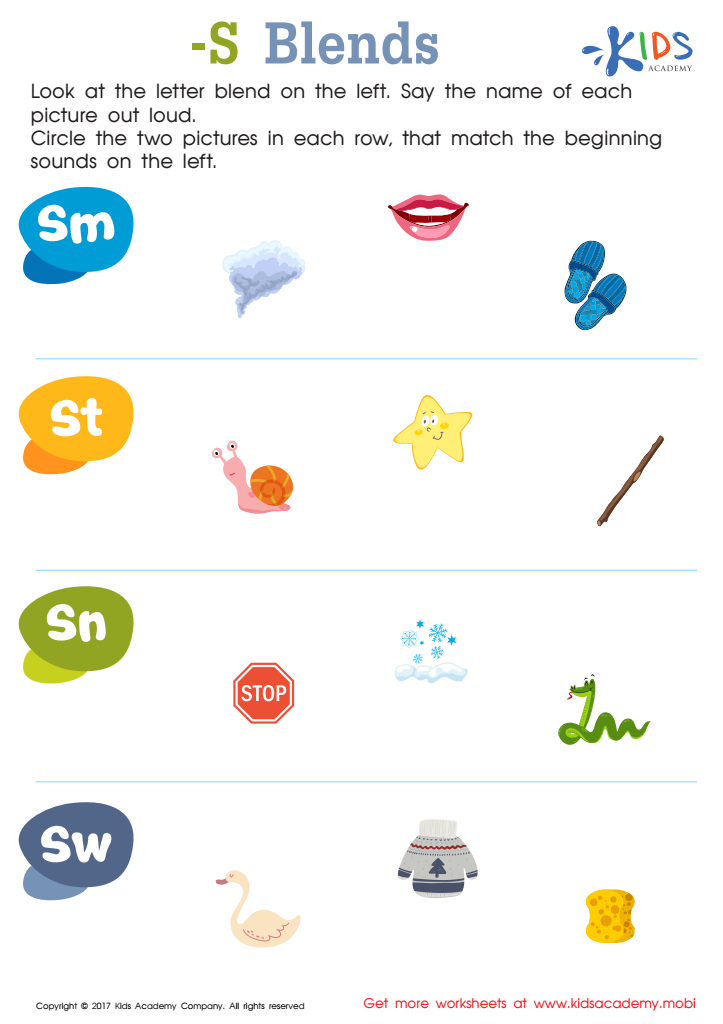

"s" Blends Spelling Printable
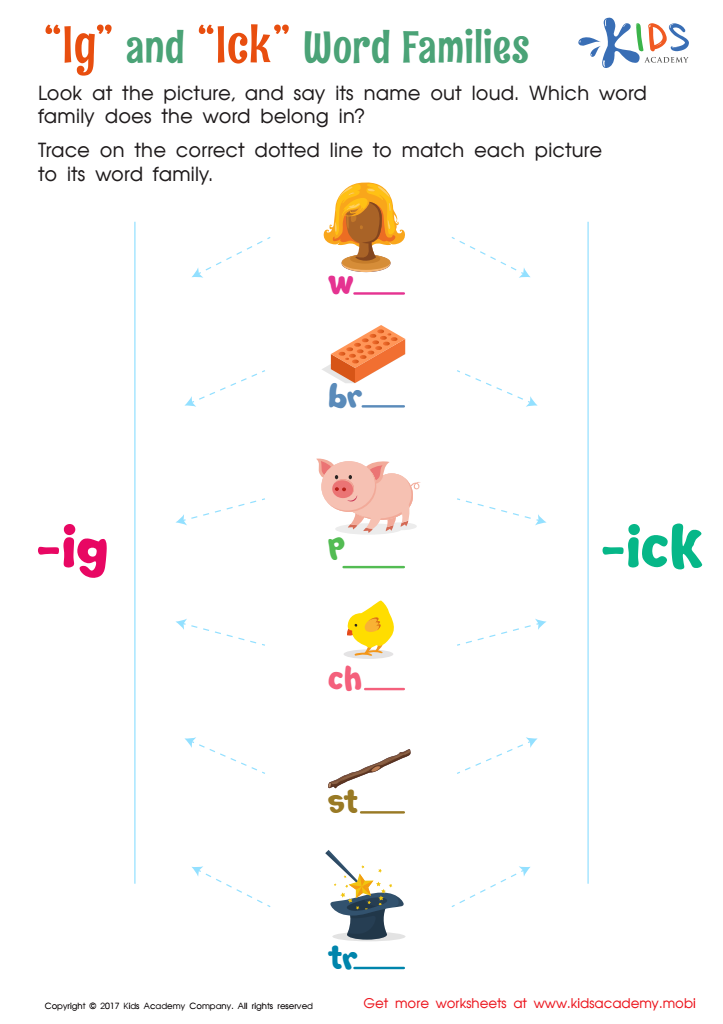

Words Families "ig" and "ick" Spelling Worksheet
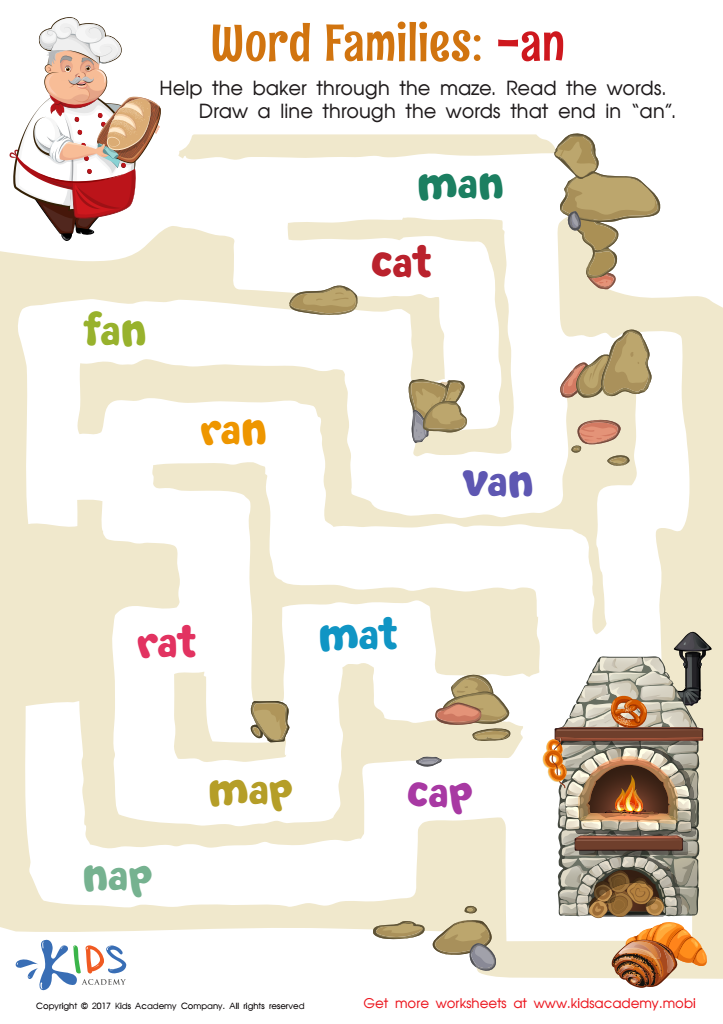

Words Families "an" Spelling Worksheet
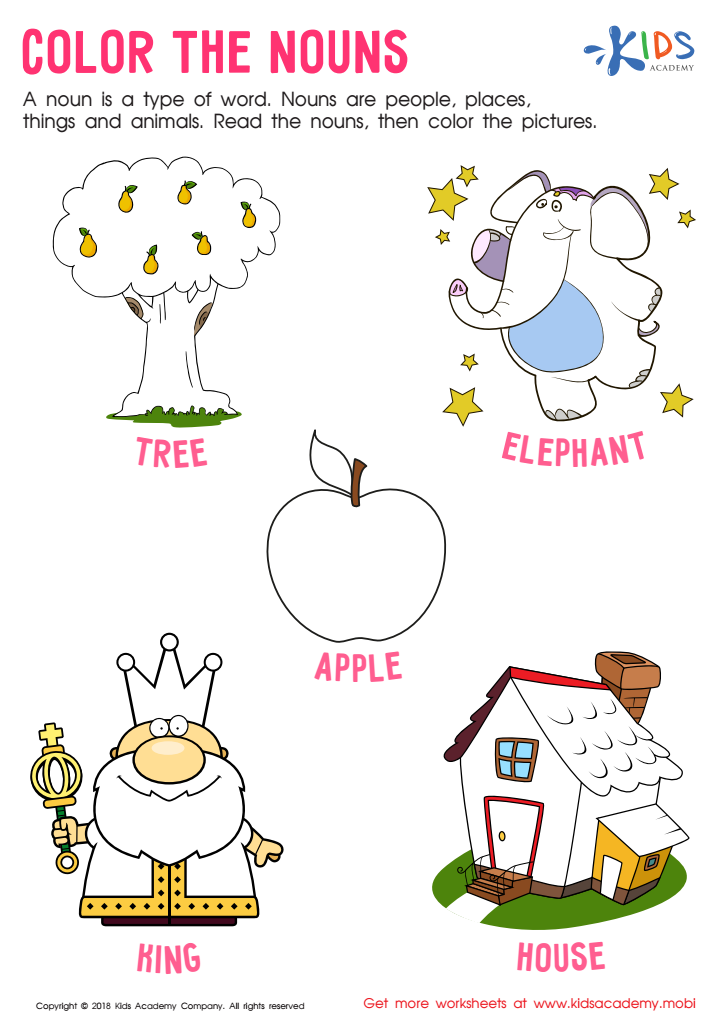

Color the Nouns Worksheet
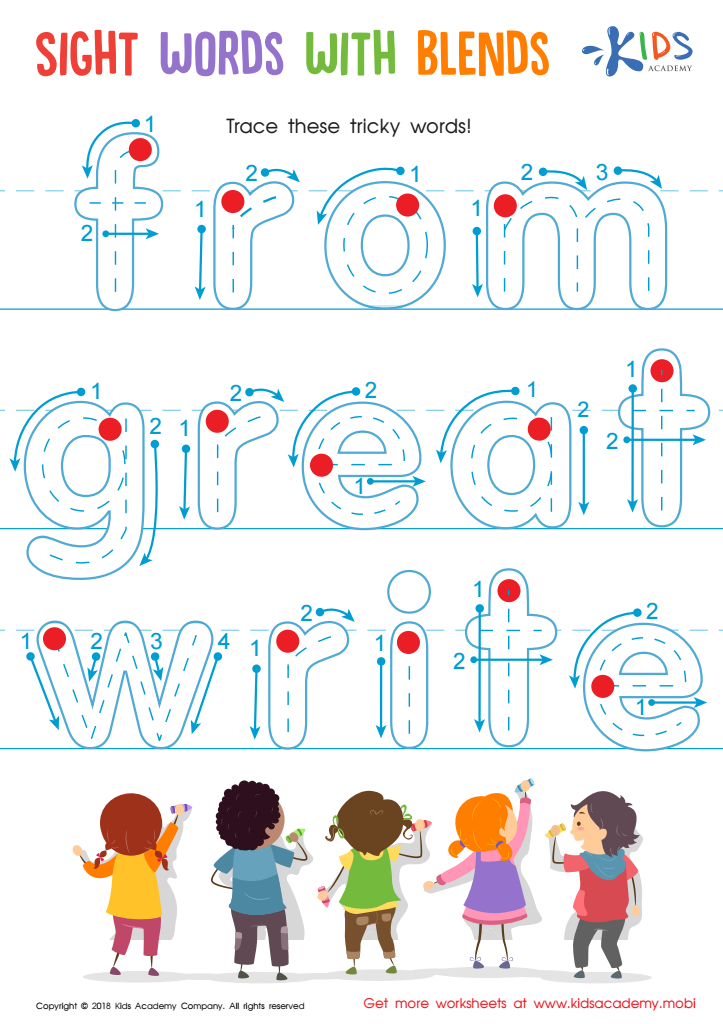

Sight Words with Blends Worksheet
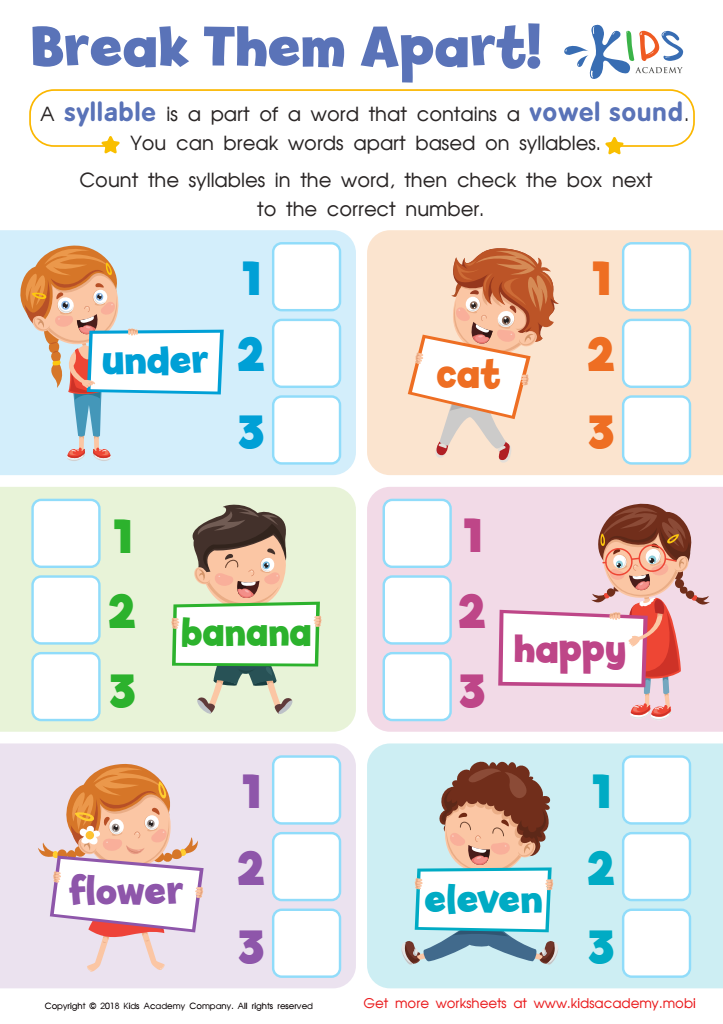

Reading: Break Them Apart Worksheet
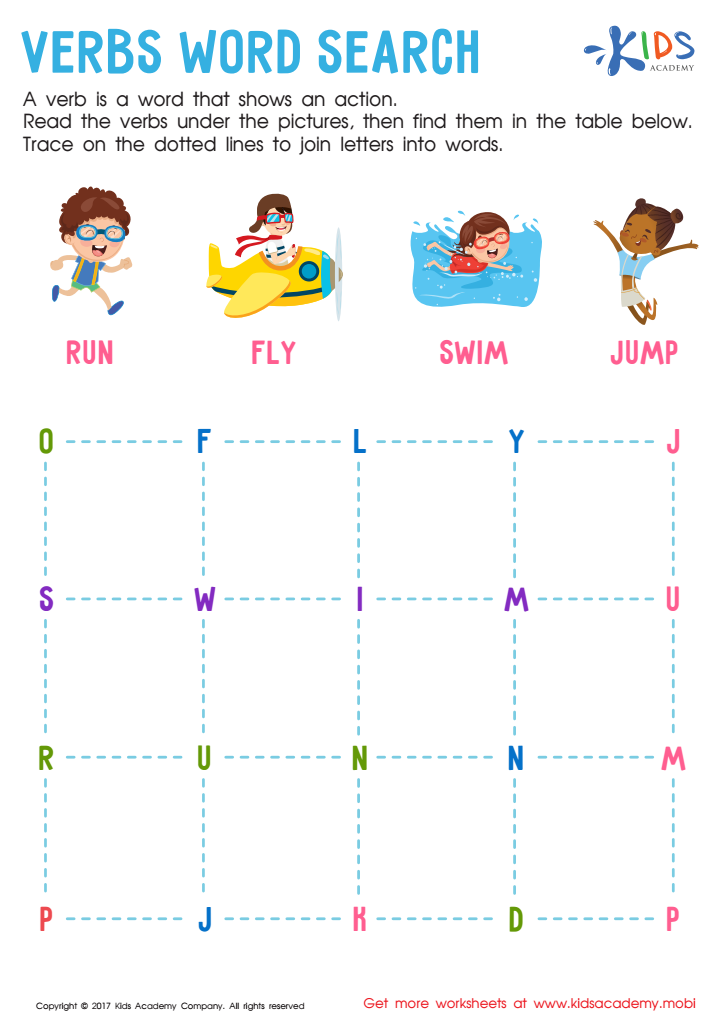

Verbs Word Search Worksheet
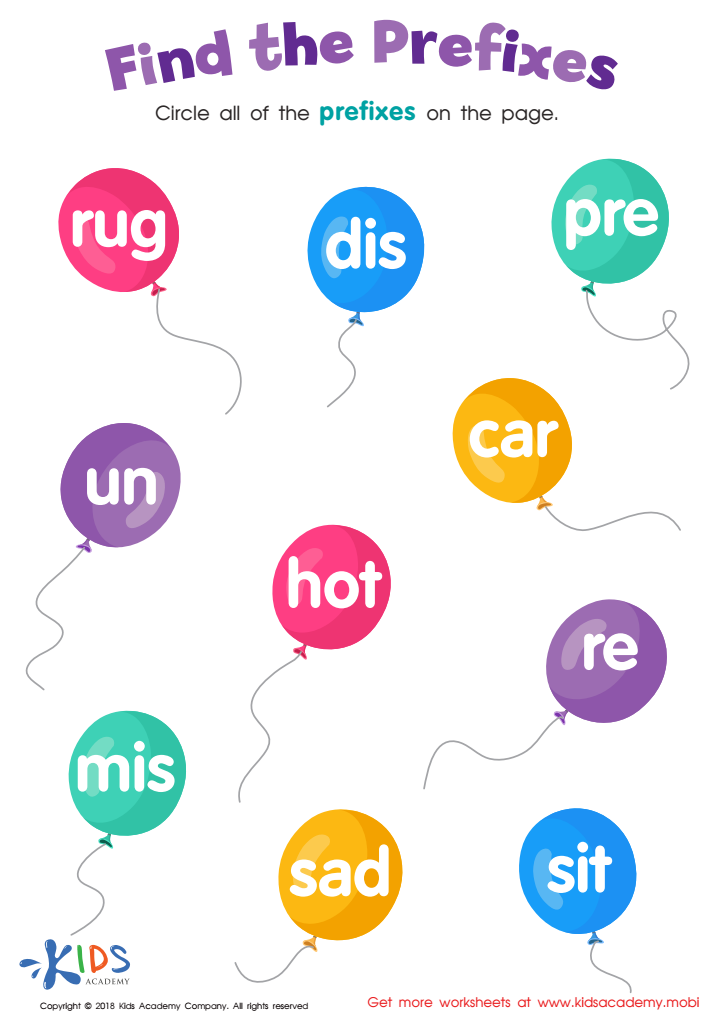

Reading: Find the Prefixes Worksheet
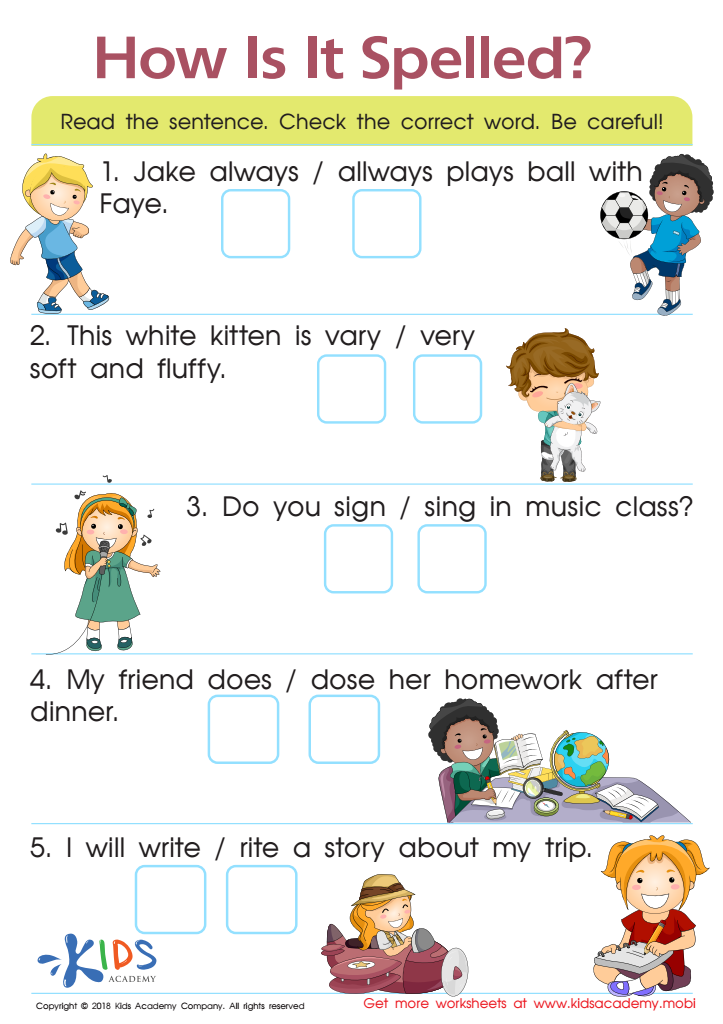

How is it spelled? Worksheet
Word Recognition Grammar is crucial for children aged 4-7 because it lays the foundation for effective reading and writing skills, which are essential for academic success and lifelong learning. During this developmental stage, children's cognitive abilities are rapidly growing, making it an ideal period for acquiring basic language skills.
When children recognize words and understand their grammatical context, they can read more fluently, comprehend texts better, and gain confidence in their ability to tackle new reading materials. This early competency in word recognition promotes a love for reading, which can greatly enhance their vocabulary, critical thinking, and overall linguistic development.
For parents and teachers, focusing on Word Recognition Grammar also aids in identifying any early learning difficulties, allowing for timely intervention. This proactive approach can prevent future academic struggles, making learning a more positive experience for the child. Additionally, these skills contribute to better communication abilities, which are essential not only in the classroom but in social settings as well.
Moreover, engaging with children in fun, interactive ways to improve their word recognition and grammatical skills can strengthen the parent-child or teacher-student relationship, fostering a supportive learning environment. Overall, prioritizing Word Recognition Grammar for young learners sets them up for success both in school and beyond.
 Assign to My Students
Assign to My Students
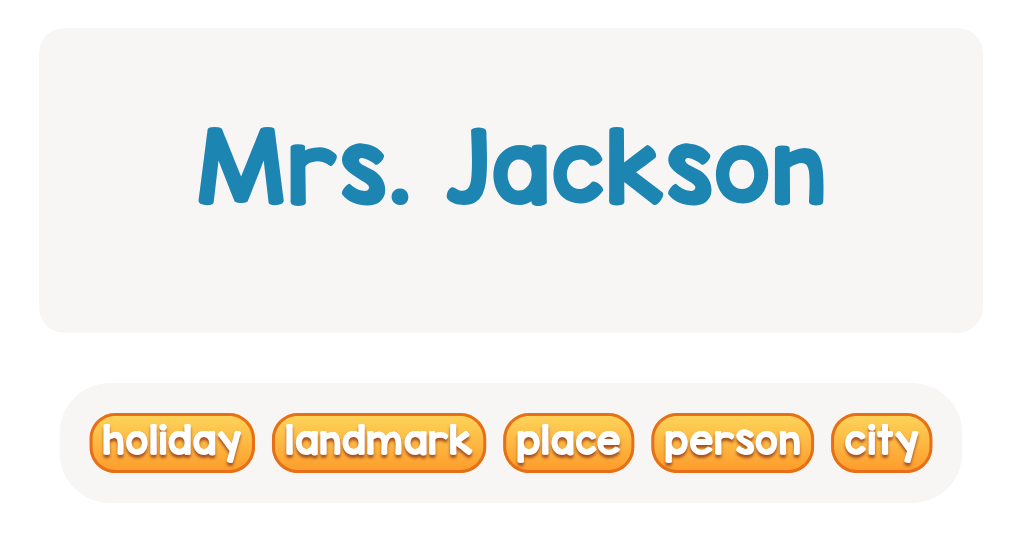
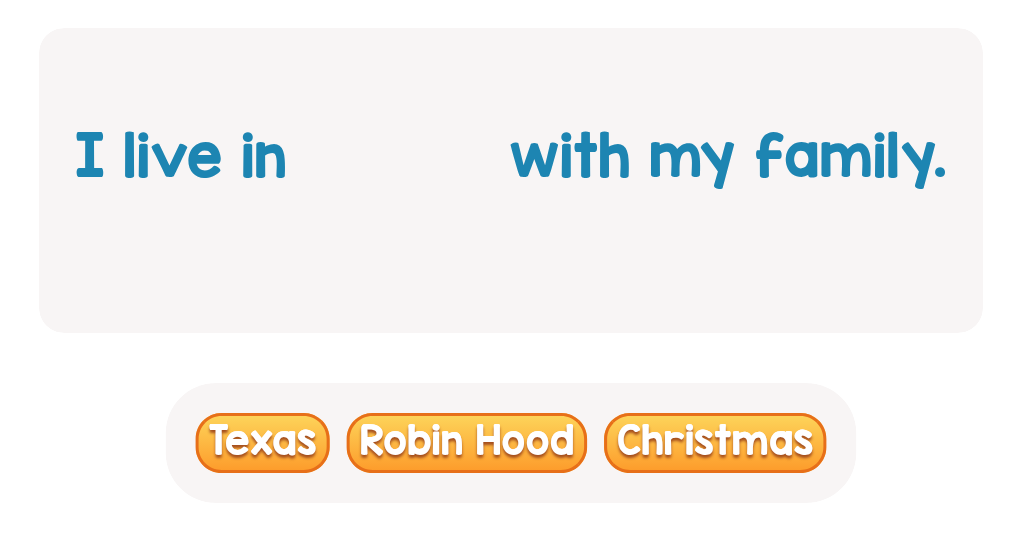

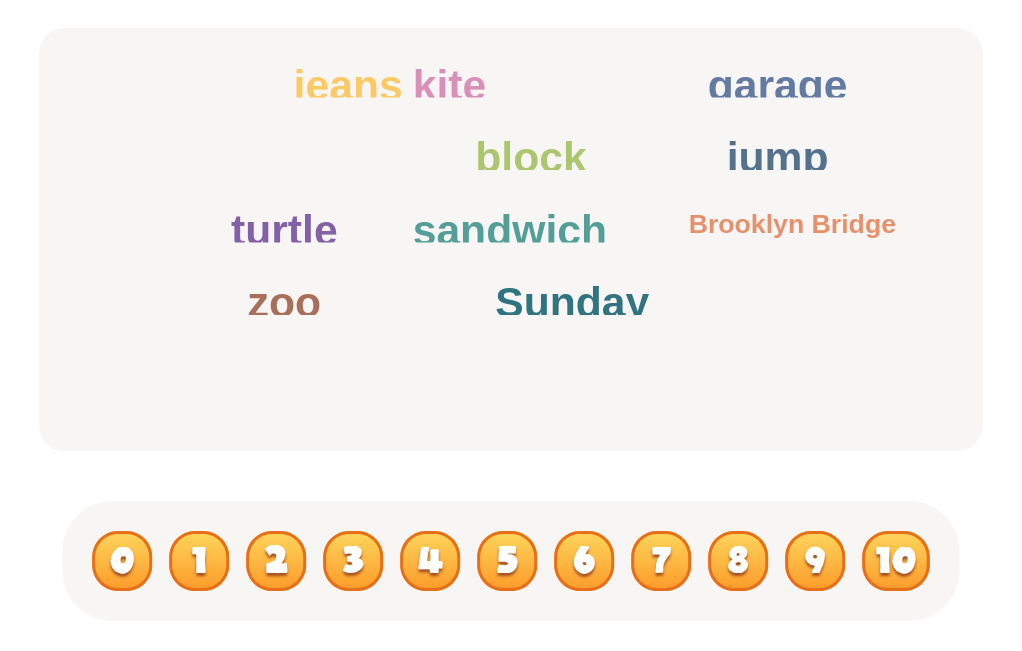
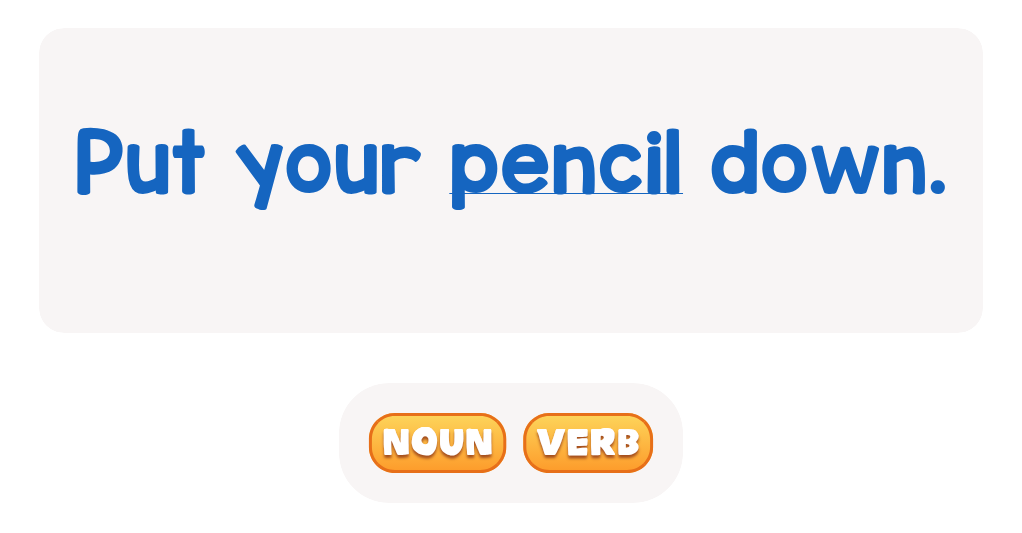
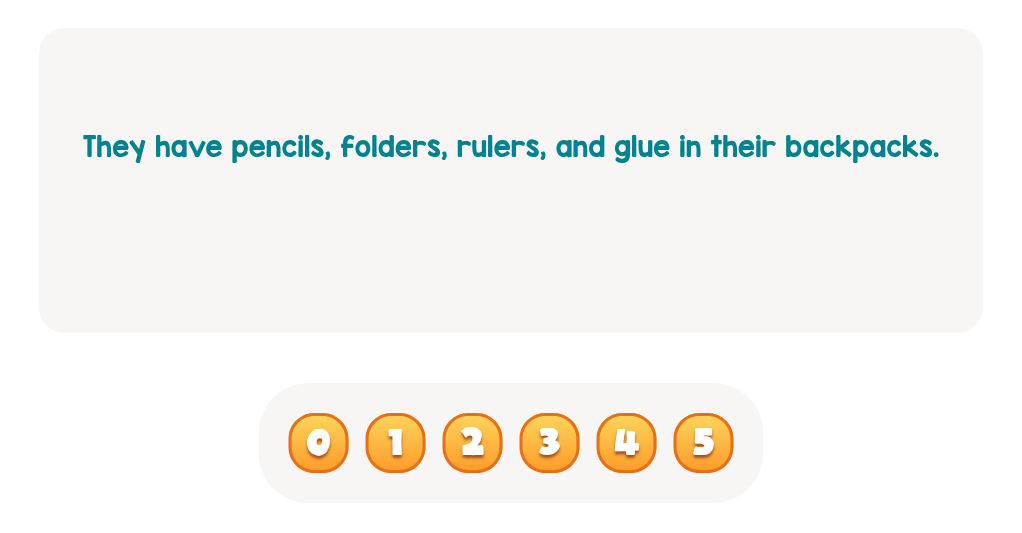
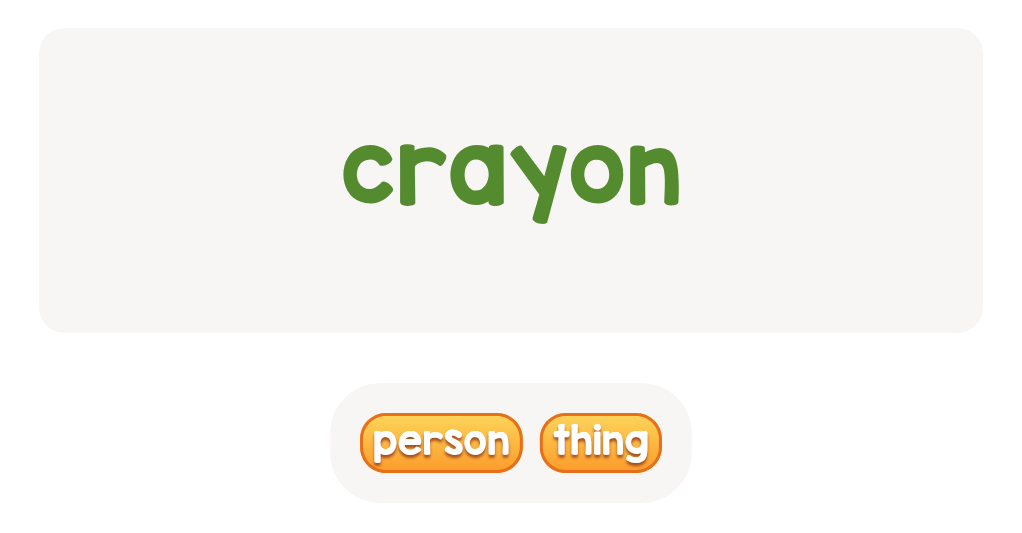
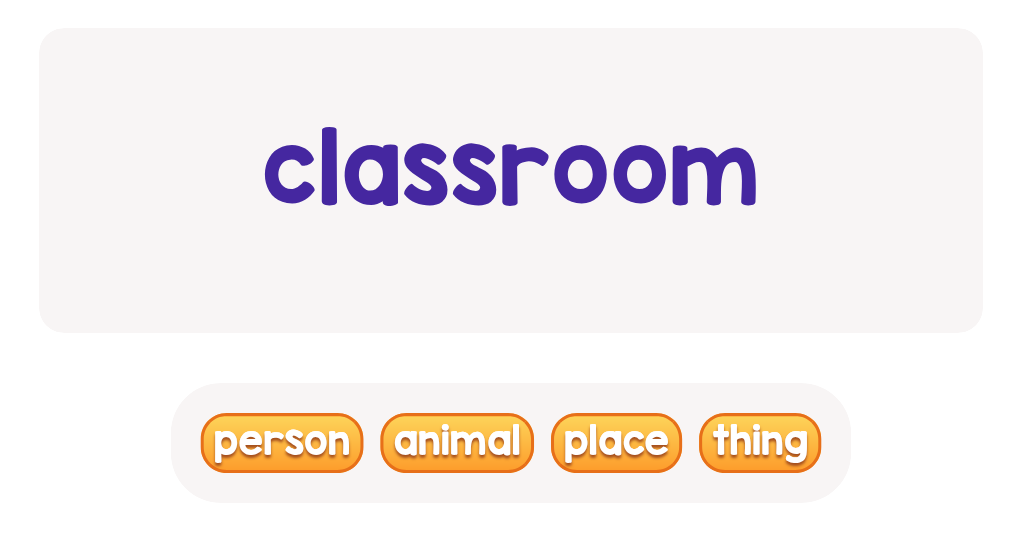
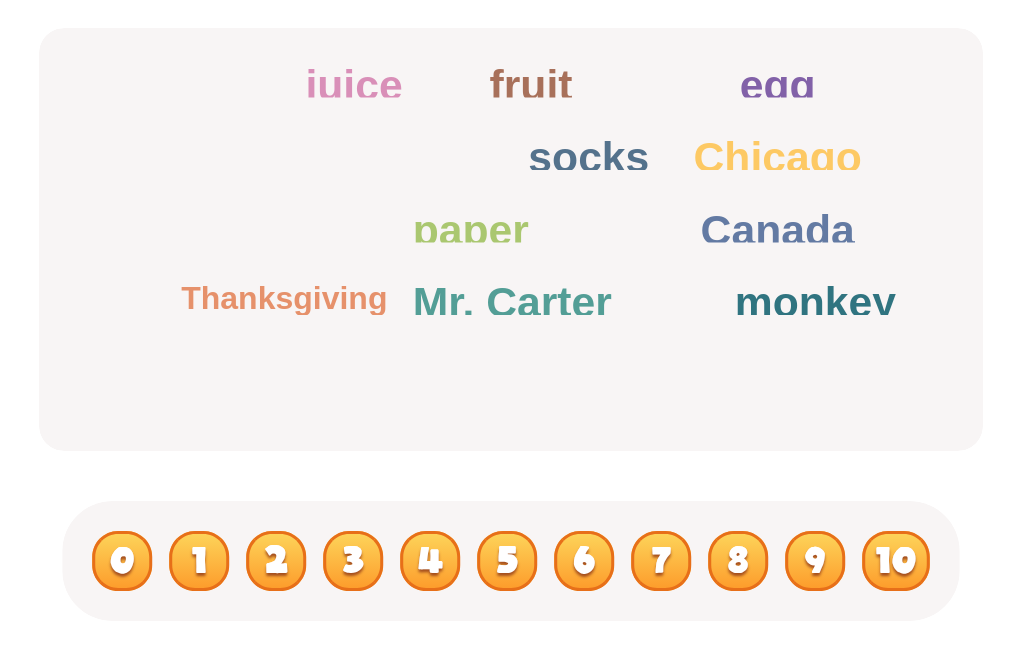
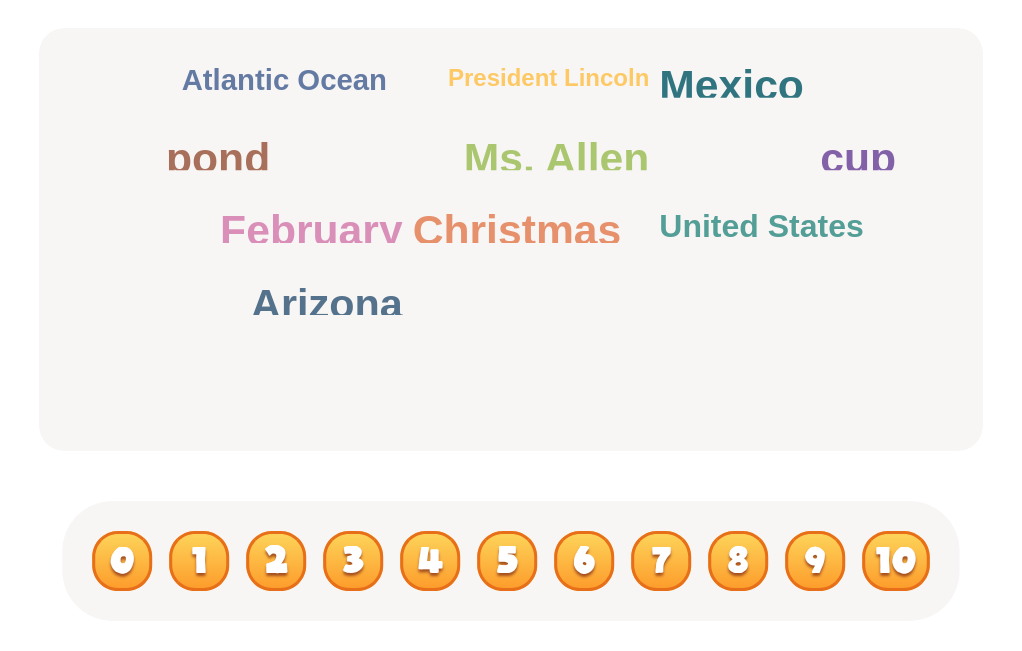
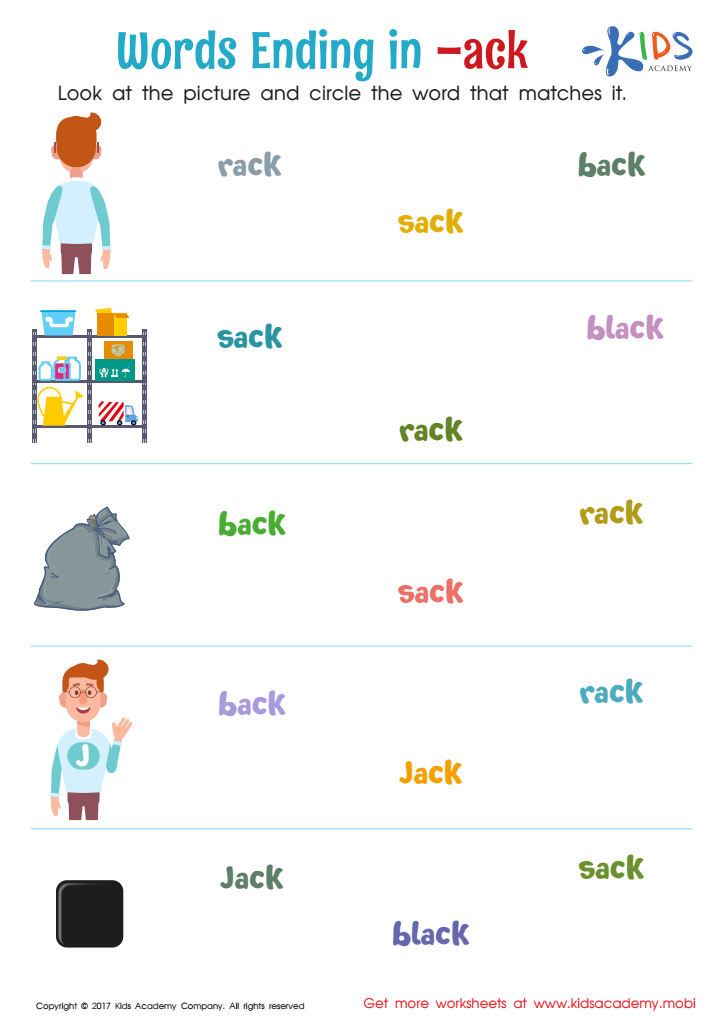







.jpg)








